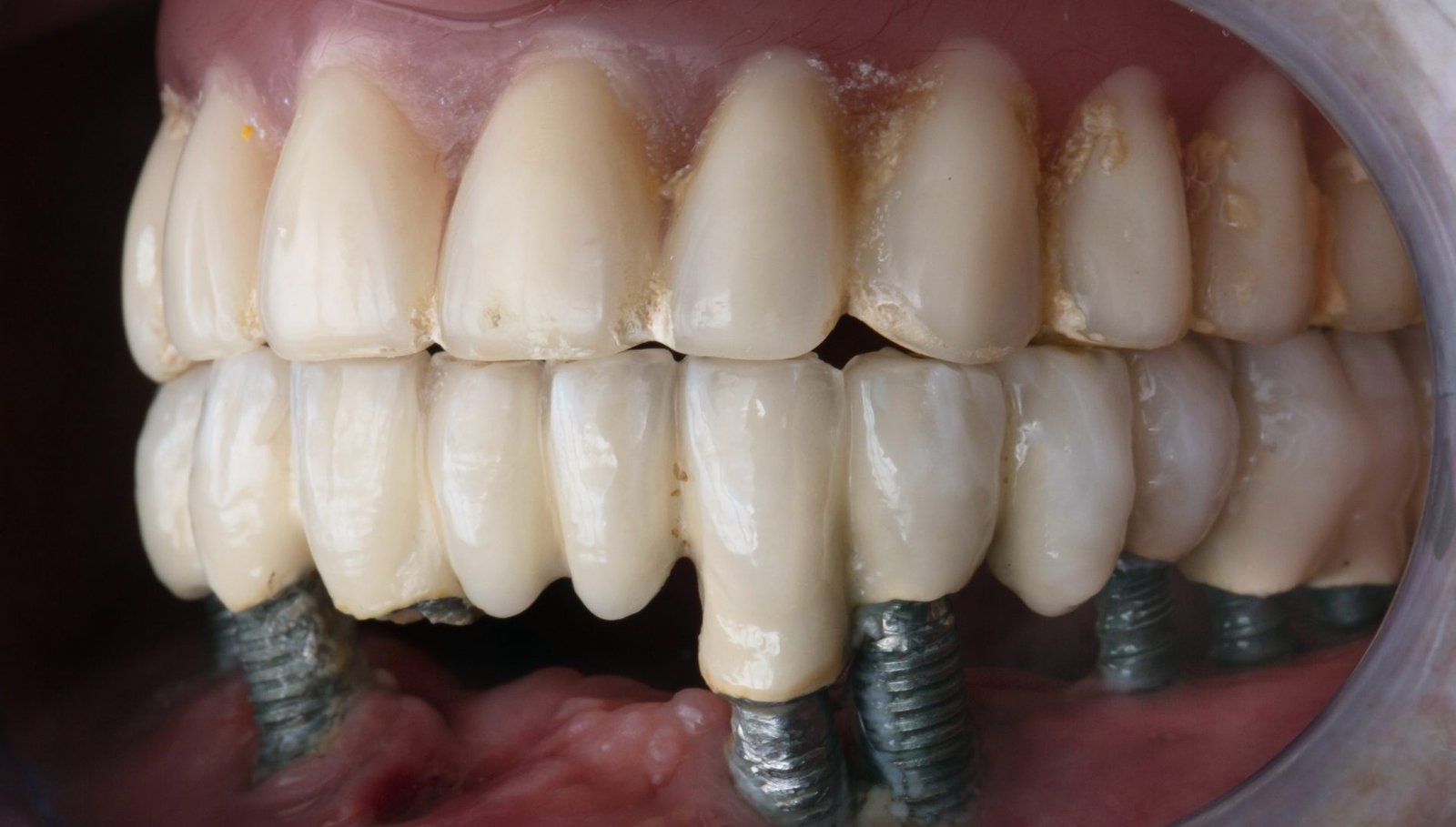Introduction to Dental Implants
Ever wondered if there’s a permanent fix for missing teeth? Say hello to dental implants—a game-changer in modern dentistry. They’re not just about looks; they’re about biting into life (literally) with confidence.
Dental implants are artificial tooth roots made from titanium that are surgically embedded into your jawbone. Over time, they bond with your bone like a screw holding furniture together—strong and seamless.
And when it comes to top-tier treatments, the Best Dental Implant in Jaipur ensures your smile is both stunning and sturdy.
Types of Dental Implants
Endosteal Implants
The most common type. These are placed directly into your jawbone and are shaped like small screws. Once healed, they support a crown or bridge.
Subperiosteal Implants
Placed under the gum but above the jawbone, this type is best for patients who don’t have enough healthy jawbone and don’t want to undergo bone augmentation.
Zygomatic Implants
The most complex and least common—these are anchored into the cheekbone (zygomatic bone). Ideal for patients with severe bone loss in the upper jaw.
Who Is a Good Candidate for Dental Implants?
General Health Requirements
You need to be in good health. Conditions like uncontrolled diabetes or autoimmune diseases can complicate healing.
Dental Conditions That Help or Hinder
Healthy gums and sufficient bone are essential. If your jawbone isn’t thick enough, you might need grafting before the implant.
Age, Bone Density & Other Factors
Age isn’t a limit—as long as bone density is solid and you’re generally healthy, you’re likely a candidate. Smokers, however, may face healing complications.
The Dental Implant Procedure– Step by Step
Initial Consultation & X-Rays
First, your dentist takes X-rays or 3D scans to map your mouth. A treatment plan follows.
Tooth Extraction (if needed)
If there’s a damaged tooth, it’s gently removed before the implant process begins.
Bone Grafting (when necessary)
Low bone density? No worries. Bone grafting beefs up the area so it can hold the implant securely.
Implant Placement
The implant is surgically inserted into the jawbone. It may sound scary, but local anesthesia makes it painless.
Healing & Osseointegration
Now, you wait. The bone and implant need time to fuse together—usually 3–6 months.
Abutment & Crown Placement
Once healed, a connector (abutment) and a custom-made crown are attached. Voilà—your new tooth is ready.
Pain, Recovery & Aftercare Tips
Is the procedure painful?
Nope, not during surgery. Post-op soreness is normal and manageable with pain relievers.
How Long Does Recovery Take?
It varies, but expect 7–10 days of mild discomfort. Full integration with your bone? A few months.
How to Care for Your Implants Post-Surgery
Brush gently, floss daily, and avoid hard foods. Think of your implant like a luxury car—it needs maintenance!
Benefits of Dental Implants
Permanent and Durable
Unlike dentures, implants don’t wiggle or pop out. They’re built to last decades—sometimes even a lifetime.
Looks and Feels Natural
You won’t even remember which tooth was fake. That’s how realistic they feel.
No Damage to Other Teeth
Bridges require grinding down neighboring teeth. Implants? Nope, they stand on their own.
Risks and Possible Complications
Infection and Implant Failure
Poor hygiene or a bad surgical fit can cause failure. Choose your dentist wisely.
Nerve Damage or Sinus Issues
Rare, but if implants are placed incorrectly, nearby nerves or sinuses may be affected.
How to Minimize These Risks
Do your homework. Opt for a skilled implantologist and follow post-op care instructions to the T.
Cost of Dental Implants in India
What Influences the Price?
Material quality, clinic reputation, scans, surgery, crown type, and if bone grafting is needed—all factor in.
Is It Worth the Investment?
Absolutely. While implants aren’t cheap, they save you money long-term by lasting longer and needing fewer repairs than bridges or dentures.
Dental Implants vs. Other Options
Implants vs. Dentures
Dentures may cost less initially but need frequent adjustments. Implants are one-time superheroes.
Implants vs. Bridges
Bridges compromise adjacent teeth. Implants don’t interfere—making them the healthier choice.
Choosing the Right Dental Professional
What to Look for in a Specialist
Check qualifications, experience, and technology used. Your smile’s worth the best, isn’t it?
Importance of a Reputable Clinic
Choose wisely. The Best Dental Hospital in Jaipur not only uses top-grade materials but also follows strict hygiene and precision protocols—making your implant journey smooth and safe.
Conclusion
Dental implants are a revolutionary solution for anyone who wants to regain the joy of chewing, laughing, and smiling without second thoughts. They’re a long-term investment in your health, confidence, and quality of life. So, if you’re considering a permanent tooth replacement, consult only the Best Dental Hospital in Jaipur for expert guidance and care.
FAQs
1. How long do dental implants last?
With proper care, they can last 25+ years or even a lifetime.
2. Can I eat normally with implants?
Absolutely. Once healed, you can eat anything—steak, apples, corn—you name it!
3. Are implants better than dentures?
Yes, they’re more stable, comfortable, and long-lasting.
4. How do I clean dental implants?
Just like natural teeth, brush twice daily, floss, and get regular dental checkups.
5. Is dental implant surgery safe?
Yes, especially when performed by experienced professionals using advanced technology.







